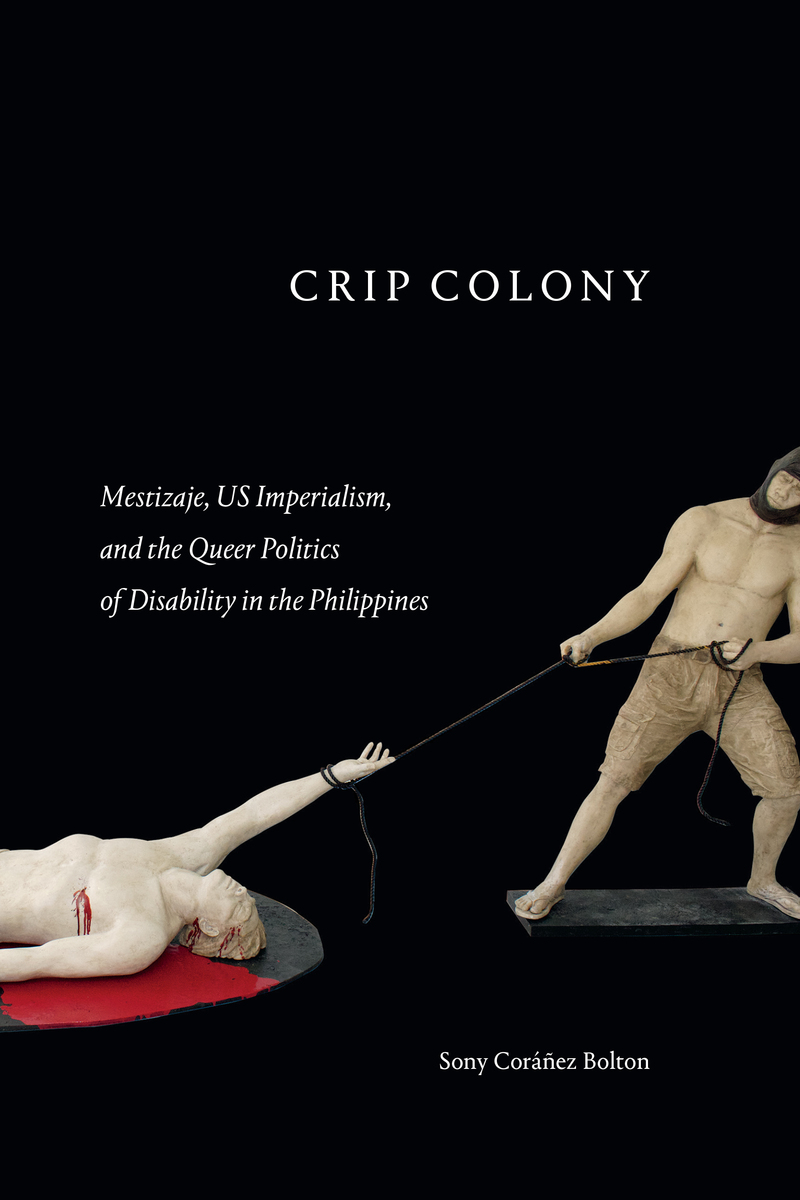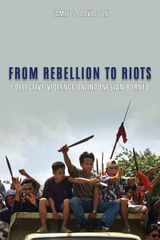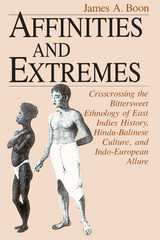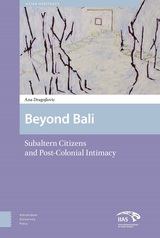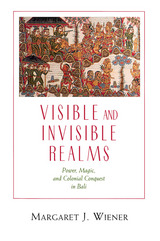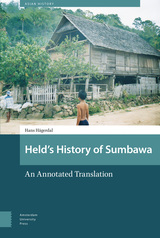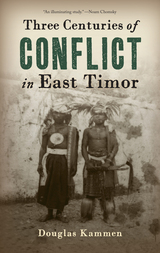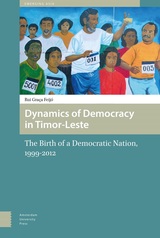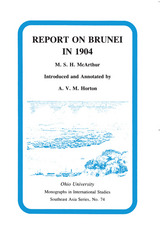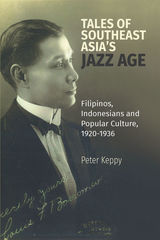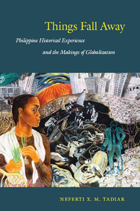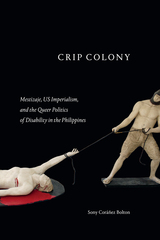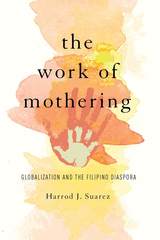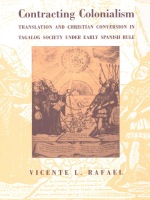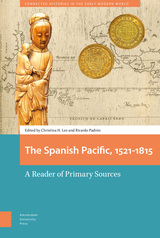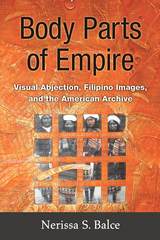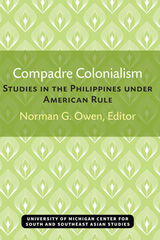Crip Colony: Mestizaje, US Imperialism, and the Queer Politics of Disability in the Philippines
Duke University Press, 2023
Paper: 978-1-4780-1956-5 | Cloth: 978-1-4780-1692-2 | eISBN: 978-1-4780-2418-7
Library of Congress Classification DS665.C67 2023
See other books on: Asian Studies | Colonization | Disability | Philippines | Queer theory
See other titles from Duke University Press
Paper: 978-1-4780-1956-5 | Cloth: 978-1-4780-1692-2 | eISBN: 978-1-4780-2418-7
Library of Congress Classification DS665.C67 2023
ABOUT THIS BOOK | AUTHOR BIOGRAPHY | REVIEWS | TOC | REQUEST ACCESSIBLE FILE
ABOUT THIS BOOK
In Crip Colony, Sony Coráñez Bolton examines the racial politics of disability, mestizaje, and sexuality in the Philippines. Drawing on literature, poetry, colonial records, political essays, travel narratives, and visual culture, Coráñez Bolton traces how disability politics colluded with notions of Philippine mestizaje. He demonstrates that Filipino mestizo writers in the late nineteenth and early twentieth centuries used mestizaje as a racial ideology of ability that marked Indigenous inhabitants of the Philippines as lacking in civilization and in need of uplift and rehabilitation. Heteronormative, able-bodied, and able-minded mixed-race Filipinos offered a model and path for assimilation into the US empire. In this way, mestizaje allowed for supposedly superior mixed-race subjects to govern the archipelago in collusion with American imperialism. By bringing disability studies together with studies of colonialism and queer-of-color critique, Coráñez Bolton extends theorizations of mestizaje beyond the United States and Latin America while considering how Filipinx and Filipinx American thought fundamentally enhances understandings of the colonial body and the racial histories of disability.
See other books on: Asian Studies | Colonization | Disability | Philippines | Queer theory
See other titles from Duke University Press
